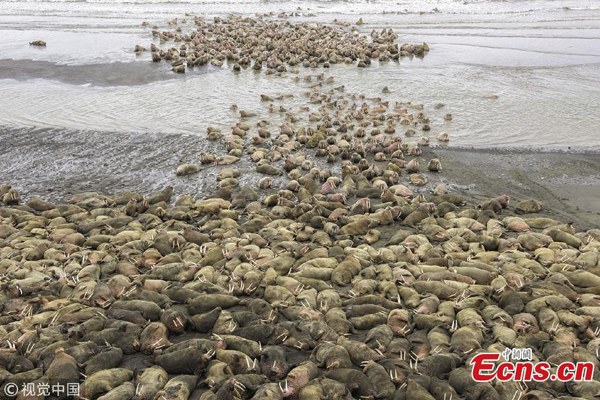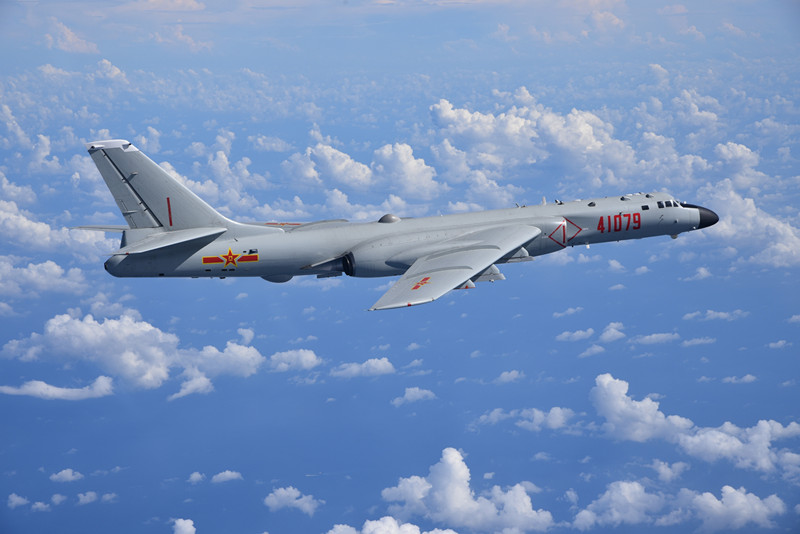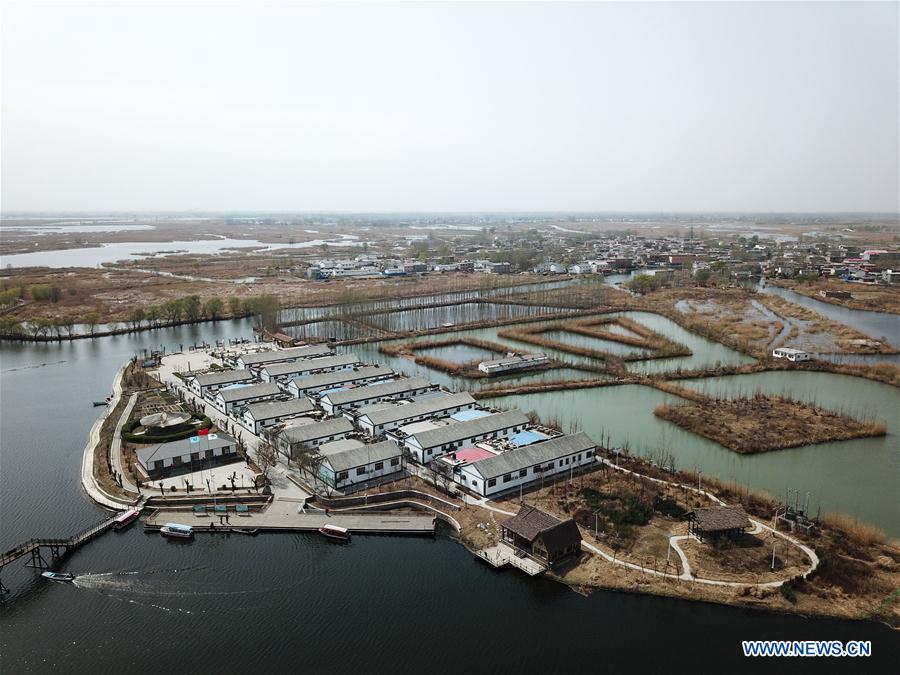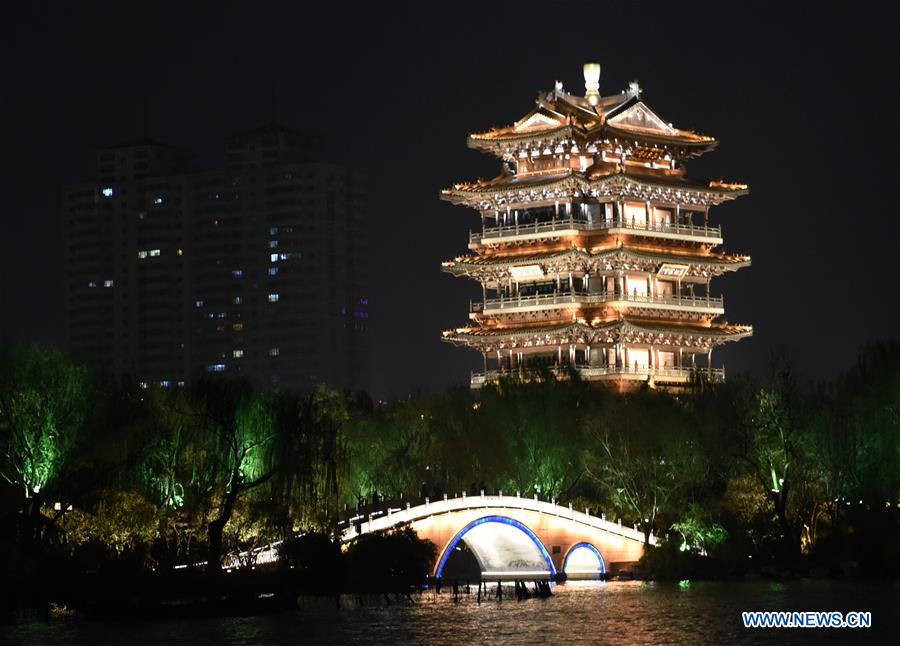Japan's whaling fleet returned to port Saturday after its four-month hunting expedition to the Antarctic. During its voyage 333 mammals were brutally slaughtered.
Over the years, Japan's whaling activities have been condemned worldwide, and vessels from anti-whaling groups have also flanked the Japanese hunting fleets to stop their sails.
Yet Tokyo continues to ignore the opposition and carries on its slaughter year after year in the Antarctic -- half a globe away from its shores, and there's little anti-whaling activists can do about it.
The Sea Shepherd Conservation Society, a U.S.-based rights group for marine animals, said in a statement last August that it would not protest against Japanese whalers in the Southern Ocean this season, putting the breaks on its anti-whaling campaign since 2005.
One of the reasons is that Japan's increased use of military satellite technology to track them made the contest impossible. Moreover, Japan has passed anti-terrorism laws that render moves by protests ships as acts of terror.
"We're just a volunteer group trying to do the impossible," said Paul Watson, captain of Sea Shepherd.
The Japanese government has long purported that whaling is "an ancient part of Japanese culture." Such an excuse has drawn global condemnation since hunting whales has been proven nothing historical.
The country's first whaling voyage to the Antarctic happened in the mid-1930s, and large-scale hunting activities only began after World War II. There's nothing "ancient" in Japan's killing of whales.
In addition, Japan, unlike countries such as Canada, Iceland and Norway that only engage in coastal whaling, is the only one that conducts such hunts in the Antarctic and retains a large factory ship that is capable of processing large quantities of whales at sea.
The International Whaling Commission (IWC), a global anti-whaling watchdog established in 1946, adopted a moratorium on commercial whaling in 1982. Although Japan agreed to abide by the terms in 1986, its hunters exploited loopholes to continue whaling under the guise of "scientific research."
Yet seldom does Japan conceal the fact that the whales slaughtered in the name of scientific research often end up on the dinner table.
In March 2014, the International Court of Justice in The Hague ruled that there is no scientific case for Japan's "lethal research" in the Southern Ocean and ordered Tokyo to suspend the missions.
What's behind the masquerade of "scientific research," first and foremost, is the collusion between Japan's Institute of Cetacean Research (ICR) and the Kyodo Senpaku Co., Ltd. The ICR carries out the so-called research while Kyodo Senpaku hunts whales and sells their meat on the institute's behalf.
The former boss of Kyodo Senpaku was once a trustee of the ICR, and the ICR serves as a sanctuary for Japan's retired senior fishery officials.
What's more, Japan's claim that its whaling activities protect the world's fishery resources is completely unconvincing. Japanese whale hunters say that the mammal consumes large amounts of food, may compete with humankind for food, and will cause an ecological imbalance.
According to IWC research, however, most whales only search for food in the Arctic and Antarctic Oceans, both of which are sparsely inhabited by humans. Plus, only 1 percent of what whales eat overlaps with those fished by humans.
The World Wildlife Fund cautions that eight out of the 13 great whale species remain endangered or vulnerable. To protect the endangered whales species, the world needs to stand together on this, purge any loopholes, and feverishly strive to contain such cold-blooded killings.


















































